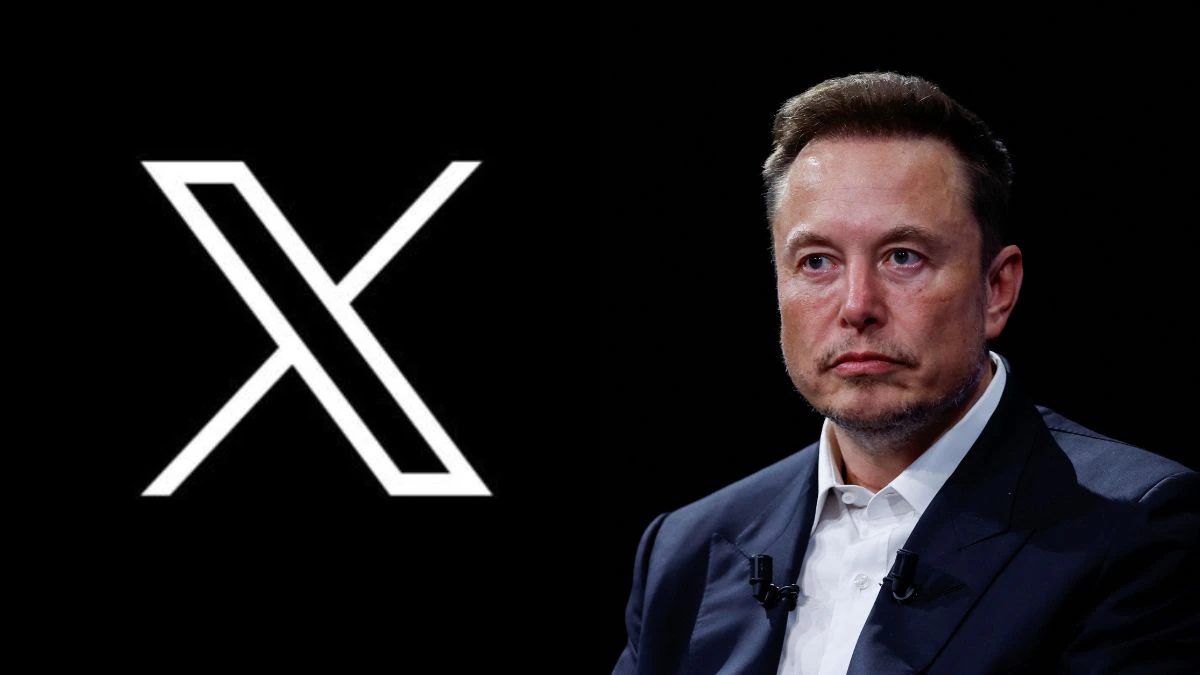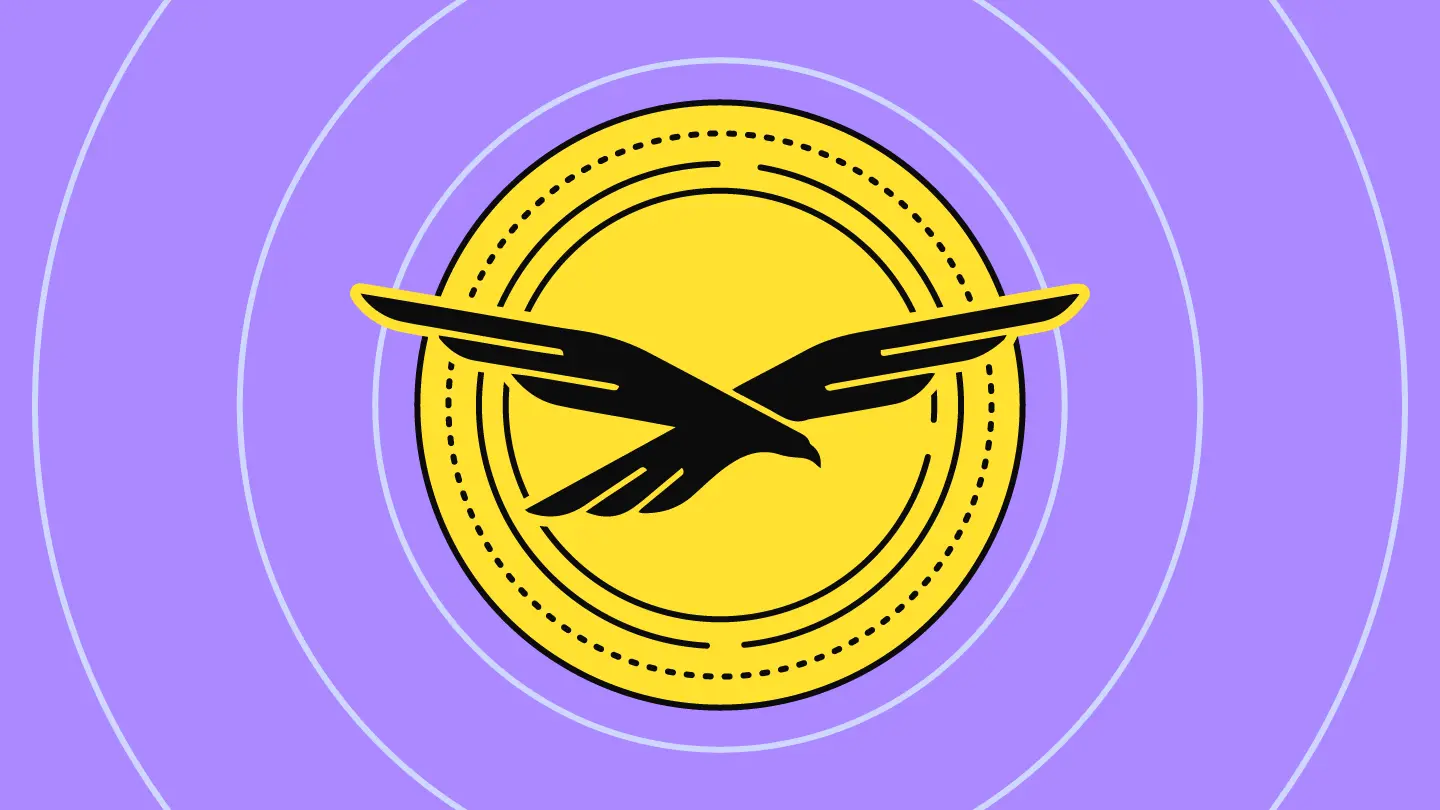|
Getting your Trinity Audio player ready...
|
In a surprising turn of events, the Brazilian Supreme Court has lifted the ban on Elon Musk’s X (formerly Twitter) and Starlink operations in the country. The decision, made by Justice Alexandre de Moraes, ends weeks of tension between Musk and the Brazilian government over free speech and censorship. The ban was initially imposed following accusations that X allowed the spread of disinformation and hate speech, posing a threat to democracy. Musk, however, contended that the restrictions violated fundamental rights, sparking a public feud.
The Road To The Ban Lift
Justice de Moraes’ decision to lift the sanctions came after X paid 18.35 million reais ($3.31 million) in fines. The ban had been in effect since August 30, after Musk’s companies defied court orders to block certain accounts deemed harmful by the Brazilian government. These accounts were accused of spreading fake news and hate speech, which de Moraes argued were a risk to Brazil’s democratic system.
Elon Musk, a vocal advocate for free speech, took a defiant stance, accusing the government of censorship. In retaliation, he launched a series of tweets under what he called the “Alexander Files,” detailing alleged abuses of power by de Moraes. Musk claimed the Brazilian government’s actions infringed on people’s rights to express themselves freely on X.
The public feud reached its peak in mid-August when Musk announced that X would withdraw from Brazil due to what he described as “uncontrollable censorship orders.” This led to the official ban on August 30, freezing X and Starlink’s assets and requiring legal representation in court. The social media battle between Musk and de Moraes captivated global audiences, with many questioning the role of governments in regulating platforms like X.
A Price for Free Speech?
The quick resolution and payment of the hefty fine have left many wondering what truly transpired behind the scenes. According to analysts, the challenges faced by X in Brazil highlight the growing tension between social media platforms and governments worldwide. Musk has consistently positioned himself as a champion of free speech, often pushing back against what he views as overreach by authorities. However, the Brazilian court’s initial decision suggests a different perspective, one that emphasizes the need to curb misinformation and maintain social order.
Musk’s clash with the Brazilian authorities is not an isolated incident. Around the same time, French authorities detained Telegram founder Pavel Durov on similar grounds. Durov was accused of allowing misuse of his messaging platform, raising concerns about whether tech platforms are doing enough to prevent harm while also safeguarding free speech. After widespread international criticism, Durov was released on bail for €5 million, further fueling debates on the balance between regulation and freedom of expression.
What’s Next for X and Starlink?
With the X Brazil ban lifted, the focus now shifts to how Elon Musk will navigate the complex regulatory landscape in the country. While the payment of $3.31 million allowed his companies to resume operations, the broader question remains: How will X, Starlink, and other tech platforms reconcile their mission to promote free speech with the increasing pressure from governments to regulate content?
Also Read: Dogecoin (DOGE) Rallies on Elon Musk’s Tweet and Bullish Sentiment – Can It Reach $0.11?
As social media platforms continue to grow in influence, the friction between tech giants and governments is expected to intensify. Brazil’s temporary ban on X may serve as a cautionary tale for other countries grappling with the challenges of misinformation, hate speech, and the regulation of online platforms. For now, Musk can celebrate a small victory, but the larger battle over free speech is far from over.
The lifting of the X Brazil ban echoes broader trends in the global tech industry, where government intervention is becoming more frequent. The cases of Musk and Durov illustrate the fine line that social media companies must walk between complying with local laws and defending the principles of free expression. With regulatory crackdowns on the rise, it is clear that the intersection of technology, governance, and human rights will remain a contentious issue for years to come.
Disclaimer: The information in this article is for general purposes only and does not constitute financial advice. The author’s views are personal and may not reflect the views of Chain Affairs. Before making any investment decisions, you should always conduct your own research. Chain Affairs is not responsible for any financial losses.
With a keen eye on the latest trends and developments in the crypto space, I’m dedicated to providing readers with unbiased and insightful coverage of the market. My goal is to help people understand the nuances of cryptocurrencies and make sound investment decisions. I believe that crypto has the potential to revolutionize the way we think about money and finance, and I’m excited to be a part of this unfolding story.




